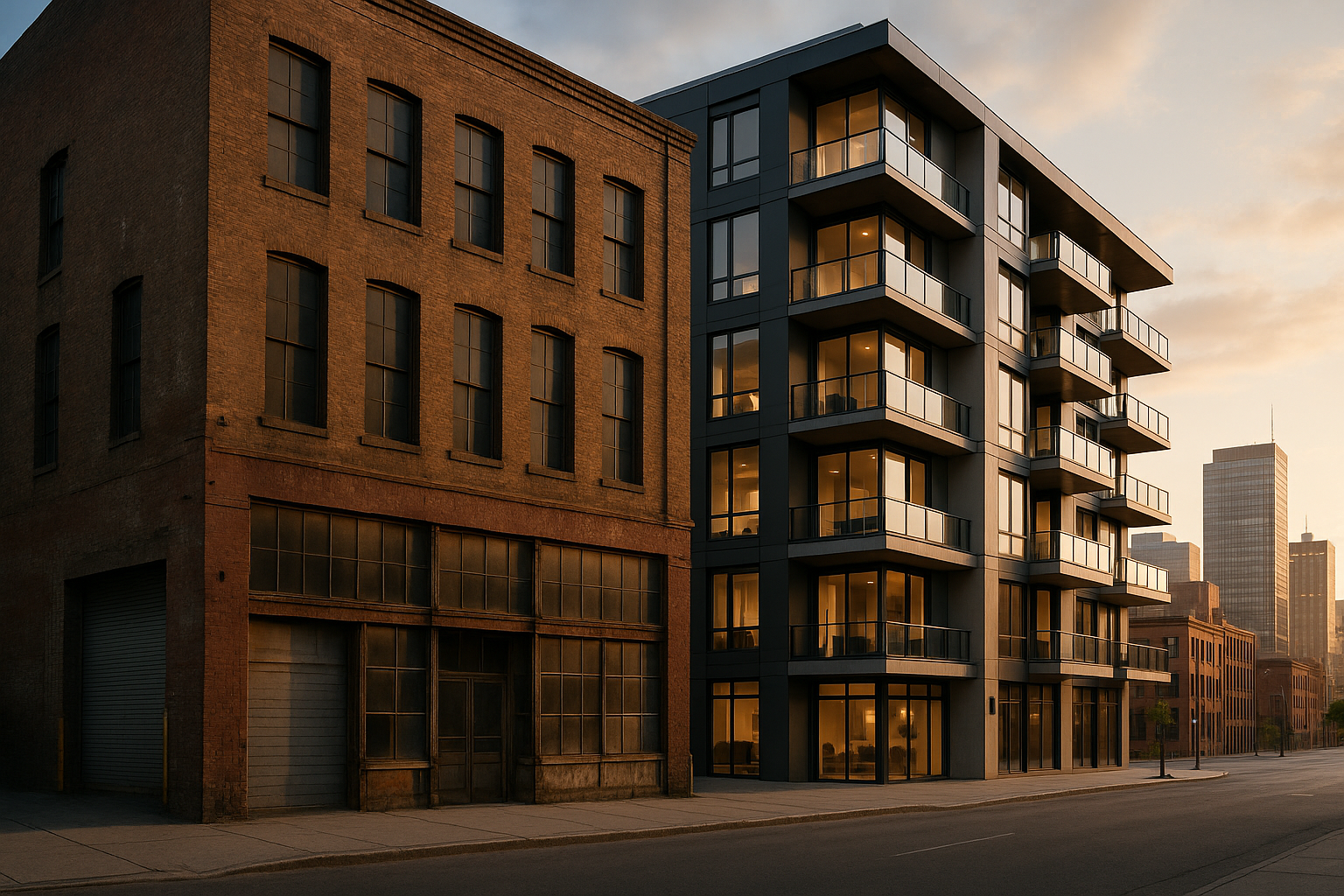Unraveling the Potential of Repurposed Commercial Real Estate
The global real estate landscape is evolving rapidly, shaped by economic, demographic, and technological forces. Amid these shifts, a unique opportunity has emerged: repurposing commercial real estate (CRE). From transforming warehouses into urban lofts to converting office buildings into luxury apartments, this trend is redefining real estate’s potential.

The Genesis of Commercial Real Estate Repurposing
The repurposing of commercial real estate is not a new concept. Historically, as economies evolved and technology advanced, the ways properties were used inevitably changed. Old mills became museums, warehouses transformed into retail spaces, and so on. However, the pace of repurposing has accelerated in recent years, driven by urbanization, changes in consumer preferences, and now, the impacts of the COVID-19 pandemic.
The Current Real Estate Market Landscape
The pandemic has expedited a few notable shifts in the real estate market. There has been a significant decrease in demand for traditional office spaces as remote work becomes more prevalent. Simultaneously, the need for residential and mixed-use spaces in urban centers is growing. These factors, combined with the potential for lucrative returns, have made CRE repurposing an increasingly attractive investment strategy.
The Strategy of Repurposing Commercial Real Estate
Repurposing CRE involves changing a property’s original use to better align with current market demands. For example, an underperforming office building might be transformed into a residential apartment complex or mixed-use property. This strategy presents numerous advantages. It can generate higher returns, contribute to urban revitalization, and promote more sustainable land use. However, it also poses challenges, such as zoning regulations, construction costs, and market risks.
The Impact on Buyers, Sellers, and Investors
For buyers, repurposed properties often offer unique features and prime locations, making them attractive living or business spaces. Sellers can potentially maximize their returns by responding to market demand shifts. For investors, repurposing can be a profitable strategy, but it requires careful market analysis, strategic planning, and risk management.
The Future of Commercial Real Estate Repurposing
While it is impossible to predict the future with certainty, the trend of repurposing commercial real estate is likely to continue. As the post-pandemic world settles into a new normal, the demand for flexible, multi-use spaces will likely persist, making CRE repurposing an important strategy for the evolving real estate landscape.
In conclusion, repurposing commercial real estate is a compelling trend with significant potential for buyers, sellers, and investors. As with any real estate decision, it requires careful consideration and informed decision-making. Yet, for those willing to navigate its complexities, it offers an exciting avenue to explore in the dynamic world of real estate.




